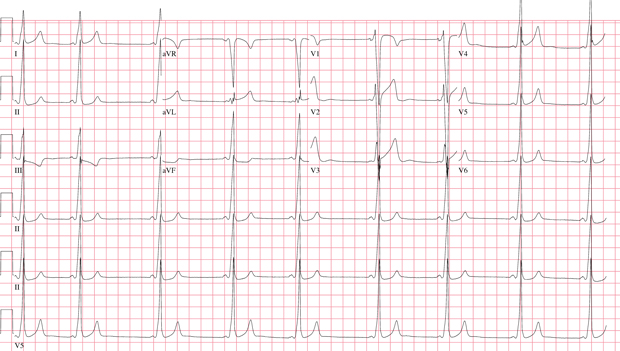First drug approved for tardive dyskinesia
This column reviews details on recent recalls, warnings, and approvals.
Approvals
Valbenazine (Ingrezza), the first drug approved to treat adults with tardive dyskinesia. Efficacy of the drug, which comes in capsule form, was demonstrated in a placebo-controlled trial of 234 participants. After six weeks, those who received the drug had improvement in the severity of abnormal involuntary movements compared to those who received placebo. Serious side effects include sleepiness and QT prolongation. The drug is contraindicated in patients with congenital long QT syndrome or with abnormal heartbeats associated with a prolonged QT interval. The drug was granted fast-track approval and priority review and designated as a breakthrough therapy.

Niraparib (Zejula) for the maintenance treatment of adults with recurrent epithelial ovarian, fallopian tube, or primary peritoneal cancer whose tumors have completely or partially shrunk in response to platinum-based chemotherapy. The poly ADP-ribose polymerase inhibitor works by blocking an enzyme involved in repairing damaged DNA, potentially leading to death of cancerous cells. Safety and efficacy were studied in a placebo-controlled randomized trial of 553 patients. Median progression-free survival for patients with a germline BRCA mutation was 21 months for those taking the drug, compared to 5.5 months for those taking placebo. For patients without the mutation, median progression-free survival was 9.3 months on the drug compared to 3.9 months on placebo. Common side effects include anemia, thrombocytopenia, neutropenia, heart palpitations, nausea, constipation, vomiting, abdominal distention, mucositis, and diarrhea. Serious risks of the orphan drug, which received fast-track designation and priority review, include hypertension, hypertensive crisis, myelodysplastic syndrome, acute myeloid leukemia, and bone marrow suppression.
Dupilumab (Dupixent) injection to treat adults with moderate-to-severe atopic dermatitis whose symptoms are not adequately controlled by topical therapies. The drug may be used with or without topical corticosteroids. Safety and efficacy were established in three placebo-controlled trials of 2,119 adults. Overall, compared to those who received placebo, those who received the drug achieved a greater response and experienced a reduction in itch after 16 weeks of treatment. Side effects include serious allergic reactions and eye problems, such as conjunctivitis and keratitis. The most common side effects include injection-site reactions, cold sores in the mouth or on the lips, and eye and eyelid inflammation.
Ocrelizumab (Ocrevus) to treat adults with relapsing forms of multiple sclerosis (MS) and primary progressive multiple sclerosis (PPMS). The drug, an intravenous infusion administered by a health care professional, is the first to be approved to treat PPMS. Efficacy was shown in two trials of about 1,650 participants with relapsing forms of MS, who were treated for 96 weeks. Compared to those treated with interferon beta-1a, patients who received ocrelizumab had reduced relapse rates and reduced worsening of disability. In a study of 732 participants with PPMS who were treated for at least 120 weeks, those receiving the drug had a longer time to worsening disability compared to those receiving placebo. The drug may cause serious infusion-related reactions and may increase the risk for malignancies (particularly breast cancer). The most common side effect was upper respiratory tract infection in the trials of patients with relapsing MS, and those with PPMS most commonly experienced upper respiratory tract infection, skin infection, and lower respiratory tract infection. The drug application received priority review, fast-track designation, and breakthrough therapy designation.
First-time generic approvals
Silodosin capsules (4 mg, 8 mg) to treat the signs and symptoms of benign prostatic hyperplasia. (Brand name: Rapaflo)
Tazarotene cream (0.1%) to mitigate facial fine wrinkling, facial mottled hyper- and hypopigmentation, and benign facial lentigines in patients who use comprehensive skin care and sunlight avoidance programs. (Brand names: Tazorac, Avage)
Note: The FDA states that drugs are not always commercially available immediately after approval.




